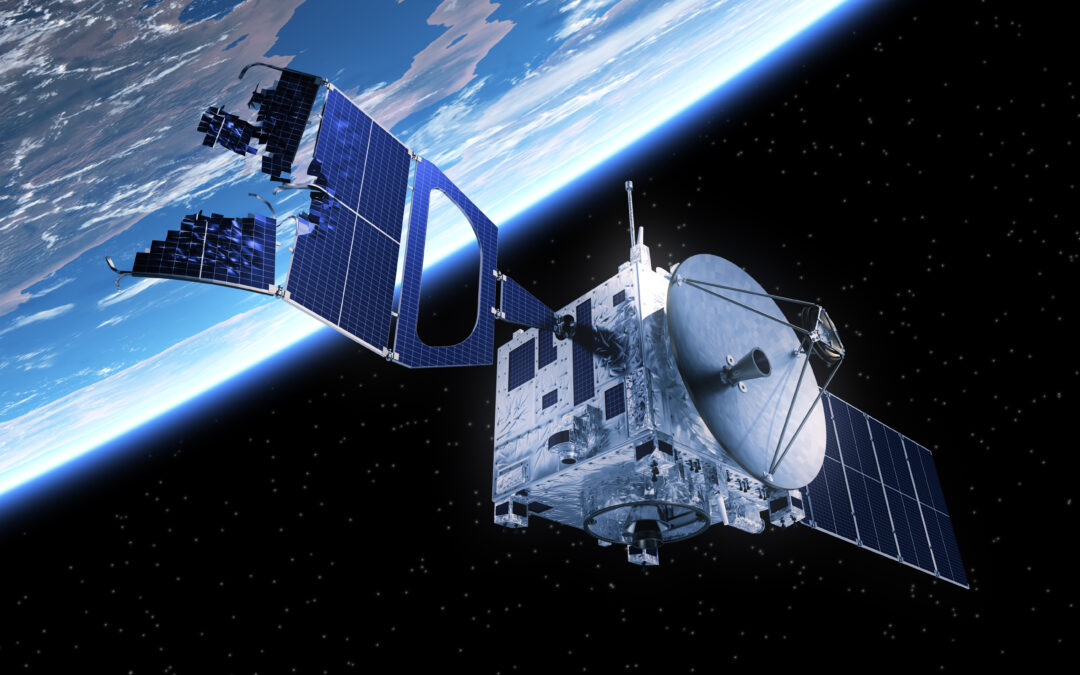Image: Shutterstock
Blog Editor’s Note: We have been off the grid for several days, so we are only posting this now.
The National Academies said a lot more than what is in this headline, of course. Read the whole article at the link below.
Importantly, the report addressed, not just technical issues, but the PRACTICALITY of living in the world the FCC order, if it stands, will create. From the article:
“For commercially produced devices, the report similarly finds it is a bit of a case-by-case question, and in many circumstances mitigation options may simply be impractical for “operationally relevant timescales or at reasonable cost.”
This finding seems to echo Transportation Department arguments, which is the government’s lead for civil GPS issues, that “millions” of non-DoD GPS users would be impacted, without any recourse but to pay handsomely to replace equipment — that might not even be immediately available.”
The report seems to be as we thought it might – a document with something for everyone to use to support their case. If there weren’t articulable and reasonable technical arguments for both sides, we wouldn’t be where we are.
One finding we found Interesting – that the FCC does not adequately define “interference.” Seems like that would be important. – We have commented before about how interference with communications is a completely different thing than interference with navigation systems.
So the question is, now what?
This has long been more of a public policy issue than a technical one. The FCC needs to decide whether the benefits TO THE NATION of letting Ligado proceed as licensed outweigh the disadvantages.*
At least we hope “benefit to the nation” is the criterion…
DG
- Some might argue the commission has already decided. Yet there are seven requests for consideration pending, including one from NTIA representing the executive branch of government. So, yeah, the FCC needs to decide to stand pat or change course.

Ligado network will jam Iridium’s receivers used by DoD: National Academies
The report, required by Congress to get to the bottom of whether Ligado’s network would interfere with DoD capabilities, classifies much of the military impact.
Updated 09/09/2022 at 1:31 pm ET to include comment by Ligado; and at 2:00 pm to include a DoD statement.
WASHINGTON — A congressionally mandated report by the National Academies of Sciences, Engineering, and Medicine finds that while “most” commercial GPS receivers will not be jammed by Ligado’s controversial 5G wireless network, Iridium’s mobile satellite services used by the Pentagon might experience “harmful interference.”
However, the report, released today, classifies any findings on the direct impact to Defense Department systems and missions, an unsatisfactory result for many of those looking for a solid, confirmed answer on whether Ligado’s network will harm DoD operations moving forward.


